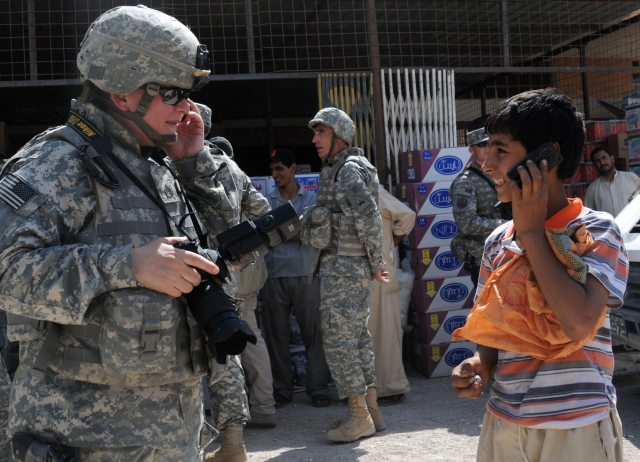

During World War I, the U.S. Army needed a system that would quickly sort recruits into their ideal roles. Psychologist and noted eugenicist Robert Yerkes developed several tests that, among other things, would identify those capable of holding leadership positions, such as officers or intelligence specialists.
Literate recruits took the written Alpha test (sampled above), while illiterate applicants faced the visual Beta test (which you can find in our latest issue, on newsstands now). Military psychiatrists evaluated individuals who struggled with the tests, often marking those who failed as having naturally inferior intellect. In hindsight, it’s clear that cultural background (how many people in the 1910s got to play tennis?) and the ethnic biases baked into the questions could sway the final outcome.
This article was originally published in the Spring 2018 Intelligence issue of Popular Science.
